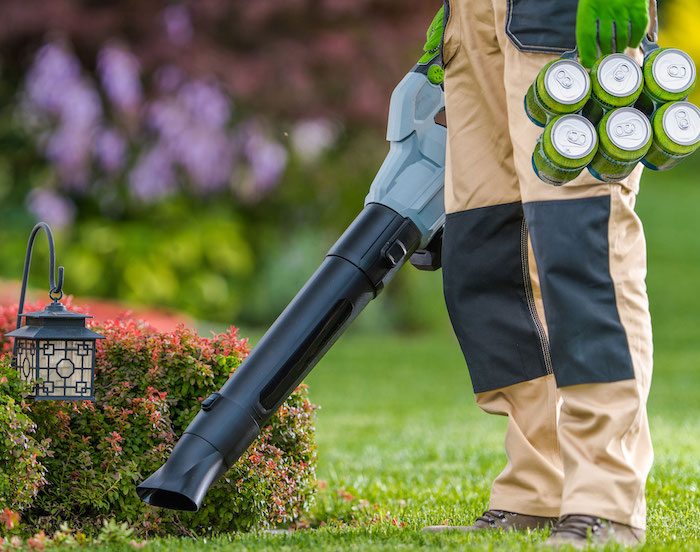In the vibrant city of Portland, change was always in the air. But this time, it wasn't the aroma of freshly roasted coffee or the scent of pine trees swaying in the wind. It was the sweet, hoppy scent of craft beer, swirling amidst the leaves.
It all started with a bold move by the city council: banning gas-powered equipment within city limits to reduce carbon emissions. While many residents applauded the decision, landscapers and gardeners found themselves facing a dilemma. How were they supposed to maintain the lush greenery of Portland without their trusty leaf blowers?
Amidst the uncertainty, a solution emerged—one as unique and quirky as the city itself. Portland mandated that all leaf blowers must now run on craft beer. Yes, you read that right—beer.
At first, the announcement was met with a mix of confusion and amusement. How could something as beloved as craft beer power a leaf blower? But Portlanders were a resourceful bunch, and soon, breweries across the city were buzzing with excitement, quite literally.
Enterprising engineers and beer aficionados joined forces to devise a mechanism that would convert the carbonation and sugars in beer into energy to fuel the leaf blowers. It wasn't long before prototypes were rolled out, each one adorned with the logos of beloved local breweries.
Among those leading the charge was Liam, a bearded brewer with a passion for sustainability. His brewery, "Hop Haven," had long been experimenting with eco-friendly practices, and the beer-powered leaf blower seemed like the perfect fit.
With a gleam in his eye and a frothy pint in hand, Liam stood before a crowd of eager onlookers, ready to unveil their creation. The leaf blower, affectionately dubbed the "BrewBlow 3000," hummed to life as he pulled the cord, emitting a gentle whirring sound accompanied by the unmistakable aroma of hops.
As Liam demonstrated the device, blowing piles of fallen leaves into neat, organized heaps, the crowd erupted into cheers and applause. It seemed that Portland had found a truly sustainable solution—one that not only reduced carbon emissions but also celebrated the city's thriving craft beer culture.
Soon, BrewBlow 3000s became a common sight across Portland, their rhythmic hums harmonizing with the city's bustling energy. Gardens flourished, sidewalks remained pristine, and the air was infused with the scent of creativity and innovation.
As for Liam and his fellow brewers, they raised a toast to a future where beer wasn't just for drinking but also for powering change—one leaf at a time. And in Portland, where weirdness was embraced and creativity knew no bounds, anything was possible, even if it meant leaf blowers running on the frothy goodness of craft beer.
Editor's Note: This story was written by ChatGPT, a chatbot that uses artificial intelligence to provide detailed responses to questions. Let us know what you thought about this story in the comments below.
For having some fun with us on April Fools Day, we'd like to offer you one of our free eGuides.
Fill out the form below, and your copy of "Best Practices of Elite Dealerships" will be emailed to you!
Click here if you have trouble viewing the form.





